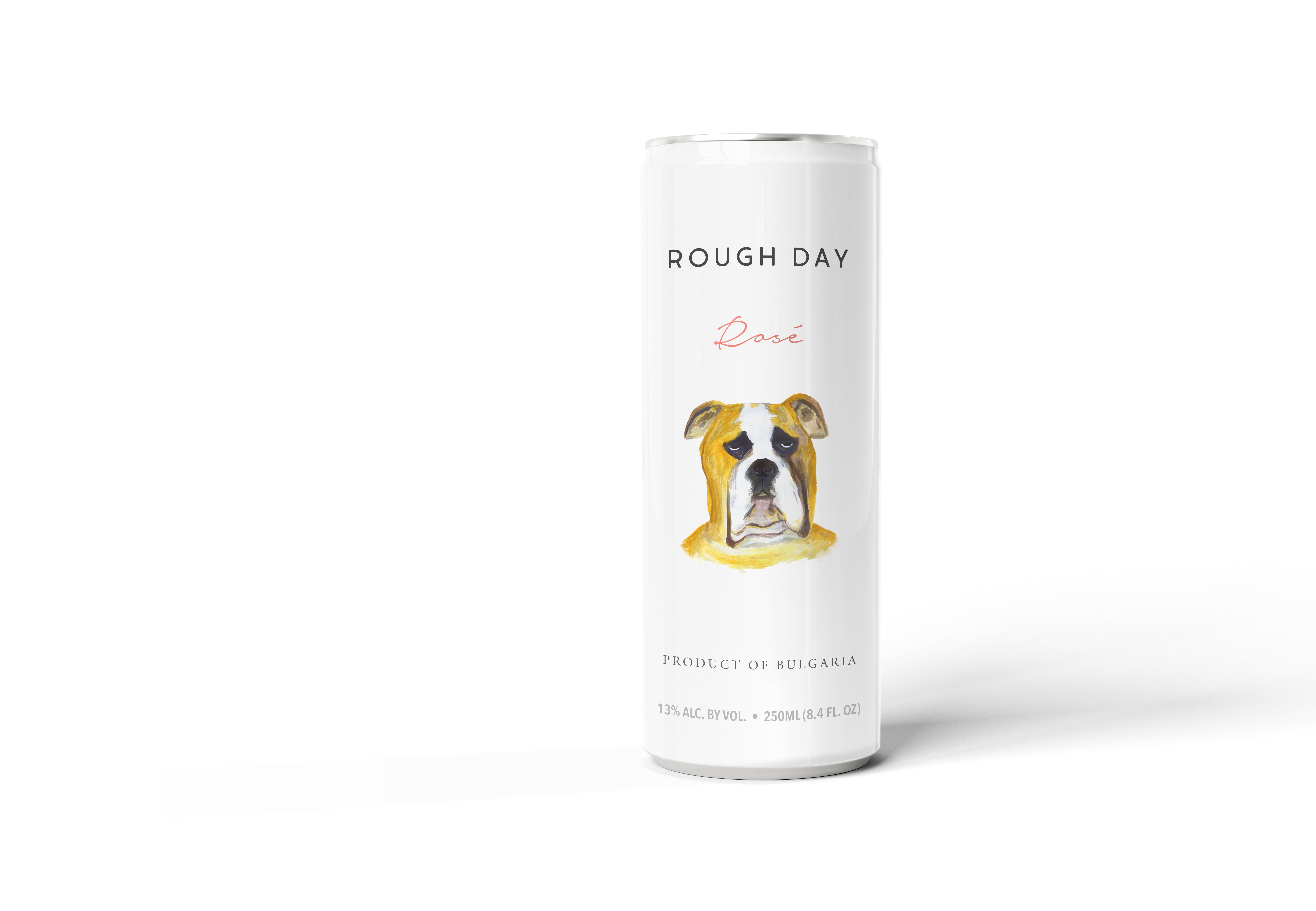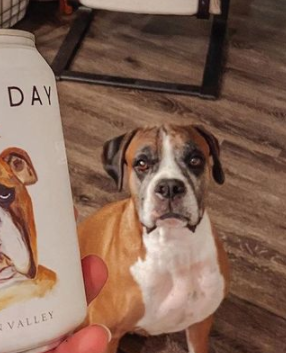With whom do i have the pleasure of speaking?
Robert Hayk, CEO & Co-Founder of G&B Importers, was born in Armenia and raised in Soviet Russia. Having always dreamed of living in the United States, he immigrated in 1997. Robert attended Georgetown University to study Government & Finance and then spent 15 years in the world of banking and investments, laying out the foundation for pursuing his true passion of owning his own business.
Nice to meet you Robert, what is your background in wine?
It was in the 90s, during his time working for the US Embassy in Bulgaria, that Robert developed his love and appreciation for Bulgaria, its agricultural industry, and wine in particular. There the seed for Grapes & Barley was planted, as Robert began contemplating the possibility of creating a company that could take advantage of the fertile soils of Bulgaria and the untapped potential of its wine industry and history. G&B is now the largest U.S. importer of Bulgarian wines, distributing its own brands and private labels created for retailers like Total Wine & More and Walmart in 35 states.
Your company produces the Rough Day Rosé in a can, how would you describe your wine in a can?
Rough Day Rosé is a delicately fruity rosé of 100% Gamza grape with aromas and flavors of strawberry, cherry, and rose petals. Gamza is a native grape from the northern region of Bulgaria, the Danube Plain. The rosé is dry, yet full of fruit and refreshing to drink straight out of the can. It’s easy to open and easy to enjoy.
All great charicaristics of the wines, but why are you in the canned wines industry?
There are so many reasons to get into canned wines. Cans are arguably the most sustainable beverage packaging option we have, since aluminum is already one of the most recycled materials. Not to mention the fact it’s thinner and weighs significantly less than glass, allowing us to ship more wine on fewer containers and trucks. It’s also less prone to breakage, preventing waste during transport and making it more portable for consumers as well. It’s also incredibly convenient. There’s no need for a cork screw or even a wine glass, so combine that with the lighter weight and you can take them almost anywhere. We also love how it’s sized for a single person, giving consumers the opportunity to experiment more and lower their consumption without a lot of waste. And lastly, from a business and marketing perspective, cans offer a lot of creativity for branding with the full 360 degree space, and because consumers can drink straight out of the can, anyone who drinks your wine is acting as a marketing vehicle, whether they’re drinking it on social media, at the beach, or at a concert.
How do you see the future of canned wines?
I definitely think cans are here to stay. The market for canned wines is growing rapidly in the US, but the technology still has some catching up to do. You’re already starting to see premium wines being put in cans, but I think we’ll start to see can liners that last longer, allowing the industry to expand further into more reds and age worthy wines in cans. I think once the technology is there, any stigmas against canned wines will easy be overpowered by all the benefits I mentioned.
Do you wish to add something to this interview?
We really believe cans have the power to help demystify and democratize wine. By reducing the level of snobbery often associated with wine, we can open up this beautiful product to so many more people. Wine has played such a large part throughout human history and culture––an accompaniment to celebrations and rituals, etc. Rather than feeling like cans are moving away from tradition, we actually feel like it helps bring us all back to the simple enjoyment of a delicious and natural product.





